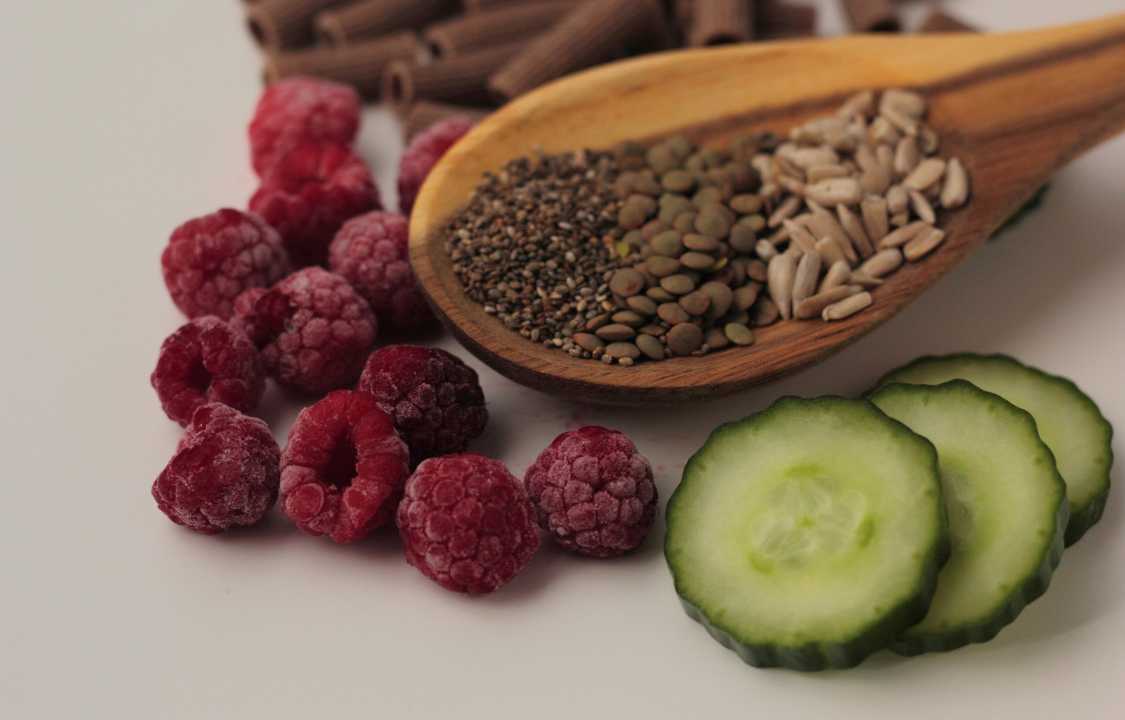Health Benefits, Health Care, Reproductive, Syndrome
What Is the Best Diet for PCOS?
Experts weigh in on what to eat—and what not to eat—if you have polycystic ovary syndrome.
Polycystic ovary syndrome (PCOS), often regarded as a gynecological issue due to its name, is, in reality, an intricate endocrine disorder that exerts a far-reaching impact on the body’s hormonal equilibrium. As Dr. Lana Boter, a gynecologist at NYU Langone Health, aptly notes, “A lot of organs are victims to this syndrome—the ovaries are just one. It affects the entire endocrine system, from the pancreas (which produces insulin) to the thyroid to the pituitary gland.” The profound ramifications of PCOS extend beyond reproductive health, encompassing metabolic and hormonal disruptions that underscore the importance of dietary choices in managing its symptoms.
Diagnosis Challenges and Prevalence
Understanding PCOS begins with acknowledging its diagnostic complexities. Unlike some medical conditions, there is no single definitive test for PCOS. Dr. Alice Chang, an endocrinologist at the Mayo Clinic, explains that the diagnosis often relies on a combination of factors, making it a nuanced and challenging process. PCOS is more common than widely recognized, affecting approximately one in ten women of childbearing age in the United States, according to the Office on Women’s Health (OWH) within the U.S. Department of Health and Human Services.
One of the key diagnostic criteria for PCOS is the presence of ovarian cysts, which can be visualized through ultrasound imaging. Additionally, hormone blood tests are utilized, as individuals with PCOS exhibit elevated levels of androgens, often referred to as male hormones. These heightened androgen levels can manifest in various physical symptoms, including hirsutism (excess hair growth), acne, irregular menstrual cycles, and even fertility issues. Moreover, PCOS is associated with an increased risk of hypertension, abnormal cholesterol levels, and weight gain. Given the multifaceted nature of its diagnosis, PCOS necessitates a comprehensive evaluation encompassing both clinical and laboratory parameters.
The Intricate Relationship Between Insulin and PCOS
Understanding the intricate interplay between PCOS and insulin is pivotal in unraveling its pathophysiology. People with PCOS frequently exhibit elevated levels of insulin—a hormone responsible for regulating blood glucose levels. Insulin plays a critical role in facilitating the uptake of glucose into cells to be used as energy. However, in individuals with PCOS, cells exhibit decreased responsiveness to insulin, a phenomenon known as insulin resistance. Consequently, these individuals experience an accumulation of insulin in their bloodstream.
Dr. Boter elucidates this process by stating, “We eat foods that require insulin output from the pancreas. The body’s response to insulin is suboptimal, necessitating an increased production of insulin to lower sugar levels. This places an undue burden on the pancreas, resulting in overwork.” This insulin resistance not only heightens the risk of developing type 2 diabetes but also triggers a cascade of hormonal imbalances within the body.
Fortunately, diet and exercise hold the potential to mitigate insulin resistance in PCOS. Dr. Chang underscores that adopting diets with reduced carbohydrate content can effectively lower insulin levels. She emphasizes that individuals with PCOS may not be fully aware of their carbohydrate consumption. “Most patients I refer to a dietitian are surprised by how much more protein and vegetables they should eat compared to carbs,” notes Dr. Chang. A pivotal dietary strategy involves prioritizing vegetables and protein while minimizing the intake of simple carbohydrates—such as refined sugar and white flour—that prompt excessive insulin secretion.
Dietary Strategies for Managing PCOS
Embarking on a lower-carbohydrate diet can yield tangible benefits for individuals with PCOS. Dr. Chang advocates for a dietary shift that emphasizes protein and vegetables while curbing the consumption of simple carbs that trigger insulin spikes. “By decreasing carbs, you’re no longer feeding the beast of insulin,” remarks Dr. Boter. She recommends a daily carbohydrate intake ranging from 40 to 50 grams for those with PCOS. It is essential to note that a lower-carb diet does not imply an exclusive focus on protein; ensuring an adequate intake of fiber and essential vitamins from vegetables, such as spinach, broccoli, mushrooms, and cauliflower, is paramount.
A study published in Frontiers in Endocrinology in 2021 demonstrated the superiority of low-carbohydrate diets in optimizing reproductive outcomes and alleviating symptoms in individuals with PCOS. This research underscores the potential benefits of dietary modifications in PCOS management.
The Role of Low-Carb Ketogenic Diets
The low-carb ketogenic diet, known for its carbohydrate restriction, has emerged as a promising dietary approach for individuals with PCOS. A 12-week study published in the Journal of Translational Medicine in February 2020 revealed that a ketogenic diet led to favorable hormonal changes in overweight women with PCOS. By limiting carbohydrate intake, the keto diet curtails the stimulation of insulin secretion, offering potential advantages for those with PCOS.
However, it is crucial to exercise discernment in choosing the types of fats consumed while following a ketogenic diet for PCOS. Dr. Chang emphasizes the importance of selecting healthier, plant-based unsaturated fats over less nutritious options. Insulin resistance in PCOS is closely linked to abnormal cholesterol levels, particularly elevated triglyceride levels. Careful dietary choices can mitigate the risk of exacerbating these lipid abnormalities.
In conclusion, the relationship between diet and PCOS underscores the significance of personalized nutrition in managing this complex endocrine disorder. While PCOS poses diagnostic challenges and affects various facets of health, adopting a lower-carb dietary approach, such as the ketogenic diet, holds promise in ameliorating symptoms and optimizing reproductive outcomes. Empowering individuals with PCOS with the knowledge and tools to make informed dietary choices can pave the way for enhanced well-being and hormonal balance. It is within these dietary nuances that the potential for improved quality of life for those with PCOS lies, offering hope and a pathway to health and vitality.

